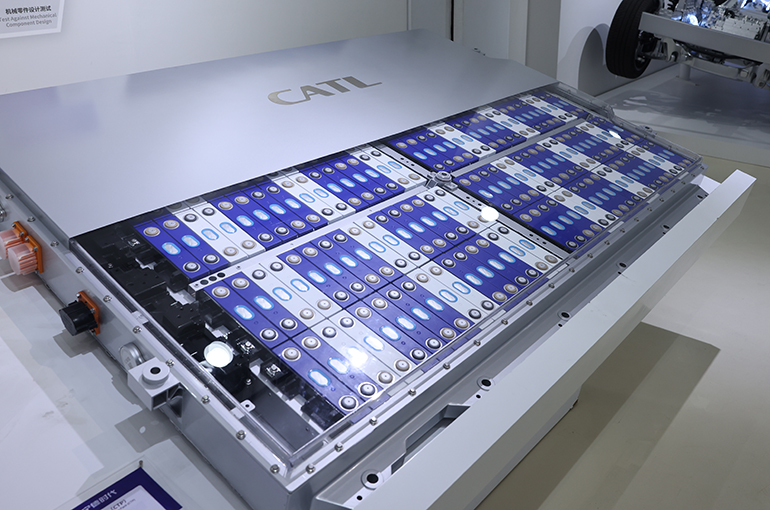Select Language:
A research team led by Professor Huang Xuejie from the Institute of Physics at the Chinese Academy of Sciences is pioneering the development of the world’s first technology to produce a “zero external pressure sulfide electrolyte all-solid-state lithium battery.” This innovation offers a solution to the interface issues that have traditionally hampered the large-scale manufacturing of such batteries.
The breakthrough, developed collaboratively with Huazhong University of Science and Technology and the Ningbo Institute of Materials Technology and Engineering, features a novel anion regulation mechanism. This approach creates a strong, close contact between the lithium electrode and the sulfide solid electrolyte in solid-state lithium batteries, providing critical technical support for their commercial viability, Huang explained in an interview.
Solid-state lithium batteries are often dubbed the “holy grail” of next-generation energy storage due to their potential. However, a persistent obstacle has been ensuring consistent contact between the solid electrolyte and the lithium metal electrode. Conventional solutions rely on applying continuous pressure with bulky external equipment, making these batteries overly large and heavy.
To overcome this, the team introduced iodide ions into the sulfide solid electrolyte. As detailed in their publication in Nature Sustainability on October 7, these iodide ions migrate toward the electrode interface when an electric field is applied, forming an iodine-rich interface. This interface actively attracts lithium ions, automatically filling any gaps or pores and maintaining a snug fit between the electrode and electrolyte.
Initial prototypes built with this technology have demonstrated stable, high-performance operation over hundreds of charge and discharge cycles, far surpassing the capabilities of existing comparable batteries.
This advancement could pave the way for future batteries boasting energy densities of over 500 watt-hours per kilogram, potentially doubling the battery life of electronic devices, according to Huang’s comments reported by the news agency.
The innovation is expected to accelerate the development of high-energy-density solid-state lithium batteries, which could play crucial roles in humanoid robotics, electric aviation, electric vehicles, and other sectors—offering safer and more efficient energy solutions, Huang noted.
This research effectively addresses the major challenge that has prevented the widespread commercialization of solid-state batteries, marking a decisive step toward making them practically viable, said Wang Chunsheng, a solid-state battery expert at the University of Maryland.






